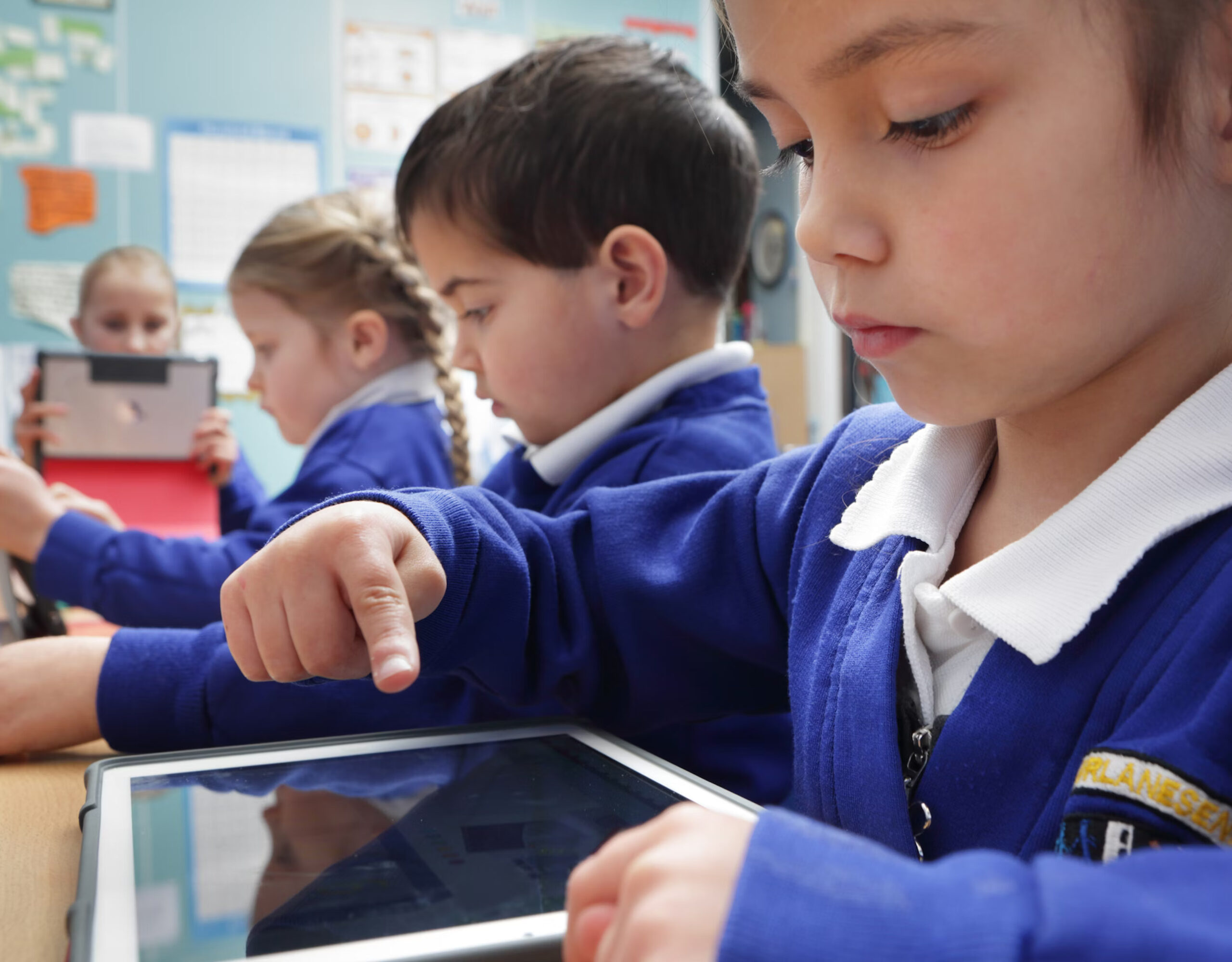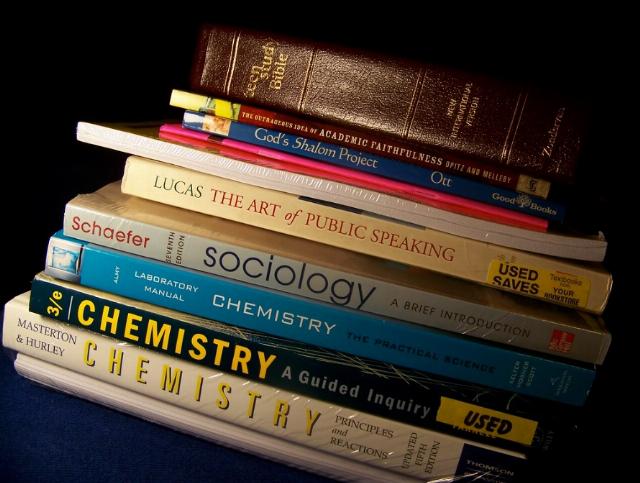Ezra Klein with The New York Times (May 13, 2025)
Liberal political commentator Ezra Klein recently hosted education policy expert Rebecca Winthrop for an hour-long conversation touching on several classical themes, including the ultimate purposes of education. The occasion for the interview was Winthrop’s most recent book, The Disengaged Teen: Helping Kids Learn Better, Feel Better, and Live Better. The conversation began with Klein’s questions concerning education and AI—and then probed further into the nature and purposes of education.
With a couple of references to classical education and great books curricula, Klein repeatedly pointed to a perennial educational model that “deepened your appreciation of beauty and your capacities as a human being.” Winthrop agreed, but responded with a focus on how students come to engage with their studies, for she openly worries “that A.I. will basically make a frictionless world for young people.”
Winthrop’s discussion of the four modes of engagement—passenger, achiever, resistor, and explorer—provides an instructive heuristic, from which one can see the value of thinking far more critically about placing AI tools in the hands of students. Rather than giving them tools to short-cut the work of thought, Winthrop argues for schooling that develops “the art of thinking”—and provides a few examples of school systems that are finding ways to increase student engagement.
Ultimately, Klein and Winthrop agree that “we’ve just been going through a catastrophic experiment with screens and children,” which simply must change. We cannot—or dare not—continue in this uncritical, imprudent use of the latest digital device or platform to solve our deeper concerns with education. For Winthrop, early childhood needs to be as screen-free as possible, and later, when it comes to teaching AI literacy, it must be “done well” with guardrails that will “contain the system.”




